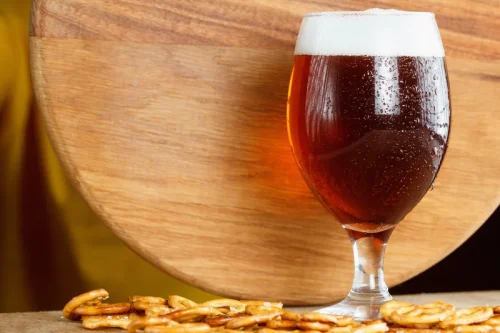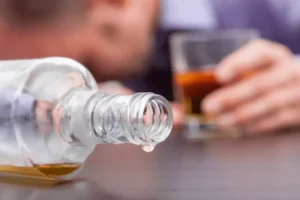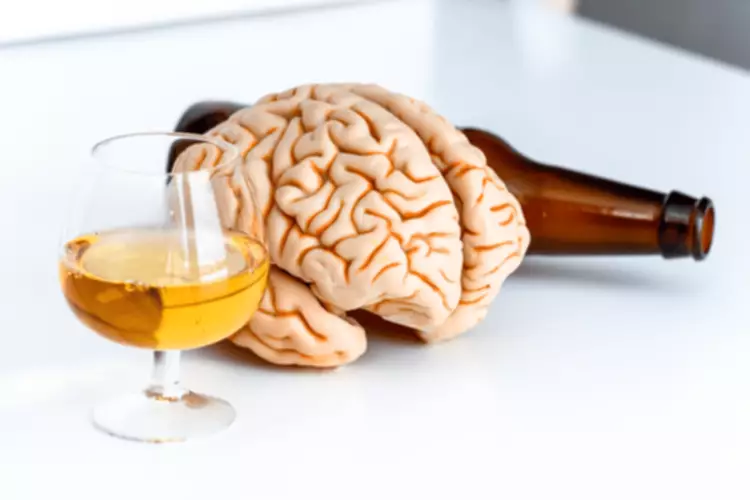
Return to use is most common during the first 90 days of recovery. Relapse carries an increased risk of overdose if a person uses as much of the drug as they did before quitting. The endpoint is voluntary control over use and reintegration into the roles and responsibilities of society. Caring for a person who has problems with alcohol can be very stressful.
Build Healthy Relationships
Another widely applied benchmark of recovery is the cessation of negative effects on oneself or any aspect of life. Many definitions of recovery include not only the return to personal health but participation in the roles and responsibilities of society. Evaluate the coverage in your health insurance plan to determine how much of the costs your insurance will cover and how much you will have to pay. Ask different programs if they offer sliding-scale fees—some programs may offer lower prices or payment plans for individuals without health insurance.
Helpful Links
The best way to handle a relapse is to take quick action to seek help, whether it’s intensifying support from family, friends, and peers or entering a treatment program. One advantage of mutual support groups is that there is likely someone to call on in such an emergency who has experienced a relapse and knows exactly how to help. What is needed is any type of care or program that facilitates not merely a drug-free life but the pursuit of new goals and new relationships. There are many roads to recovery, and needs vary from individual to the next. Others do well on their own making use of available community resources. Peer or mutual support is not restricted to AA or NA; it is available through other programs that similarly offer regular group meetings in which members share their experiences and recovery skills.
- Once you understand your triggers, you can put things in place to reduce the chance of relapsing again.
- Becoming more aware of your alcohol triggers and reasons for drinking can help you plan ways to help manage the urge to drink.
- Both professional support groups and personal networks play intrinsic roles in recovery.
- In this type of therapy, counselors involve the recovering alcoholic’s family in the healing process.
Charitable Care & Financial Assistance

In fact, people in recovery might be better off if the term “relapse” were abandoned altogether and “recurrence” substituted, because it is more consistent with the process and less stigmatizing. Because recovery involves how to overcome alcoholism growth, families need to learn and practice new patterns of interaction. Understanding the available treatment options—from behavioral therapies and medications to mutual-support groups—is the first step.
- Vitamins B1 (thiamine), B9 (folate), B12 and C are often recommended to aid recovery.
- Talk to your therapist of self-help group if you struggle with regular relapses.
- Rewiring alcohol habits isn’t a phase one should navigate alone.
- People who have a substance use disorder often find that overcoming it is more challenging than they expected.
Expert Tips For Reducing Your Alcohol Consumption
The opinions expressed are the author’s alone and have not been provided, approved or otherwise endorsed by our advertisers. If you tend to drink too much whenever there is any alcohol in the house, get rid of it altogether, the NIAAA recommends. Food can absorb the alcohol in beverages, so eating before or even while you drink can dampen the effect and may make you want to drink less, says Crews. If you identify with any of the scenarios above, try the expert tips below for reducing your alcohol consumption (or even eliminating it altogether).
It’s very important to work with a professional for an intervention to succeed. This is especially true if you think your loved https://ecosoberhouse.com/ one may react violently or harm themselves. Often interventions occur without an intervention professional taking part.
Stay Cool and Calm

Develop a Structured Schedule

